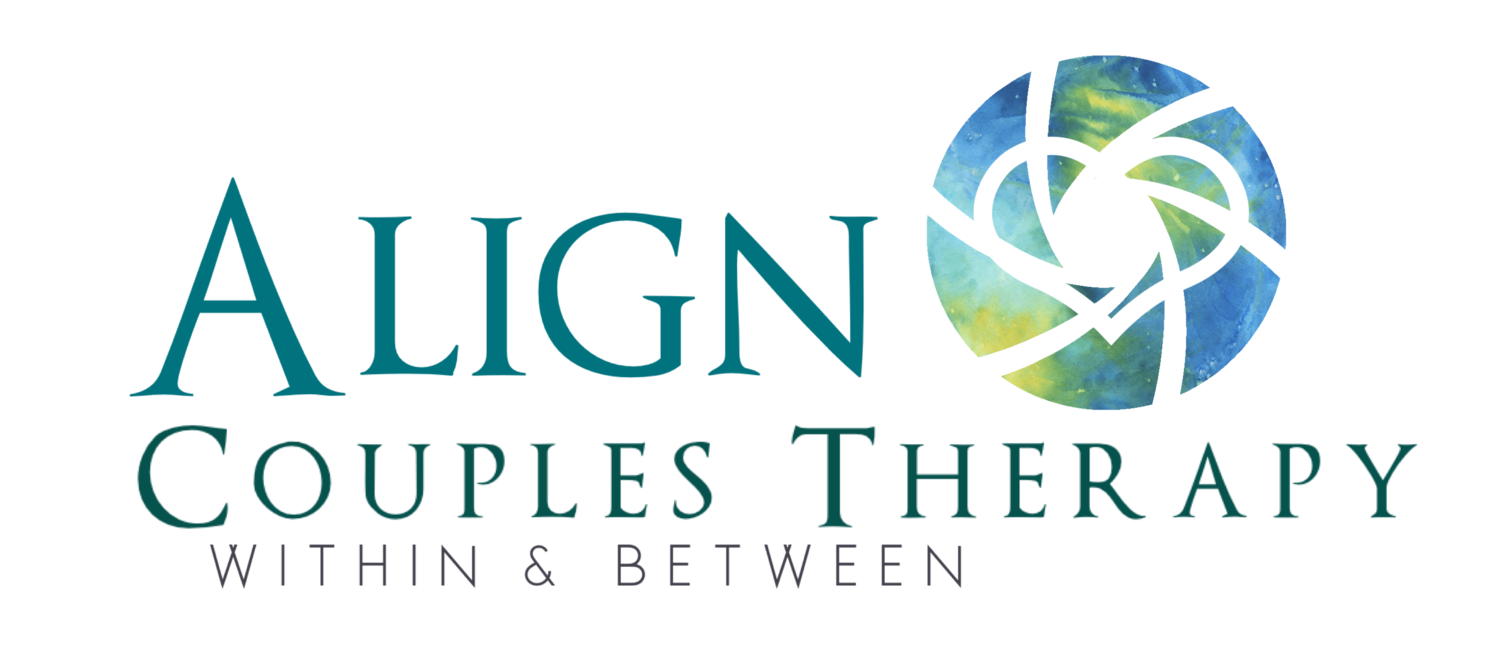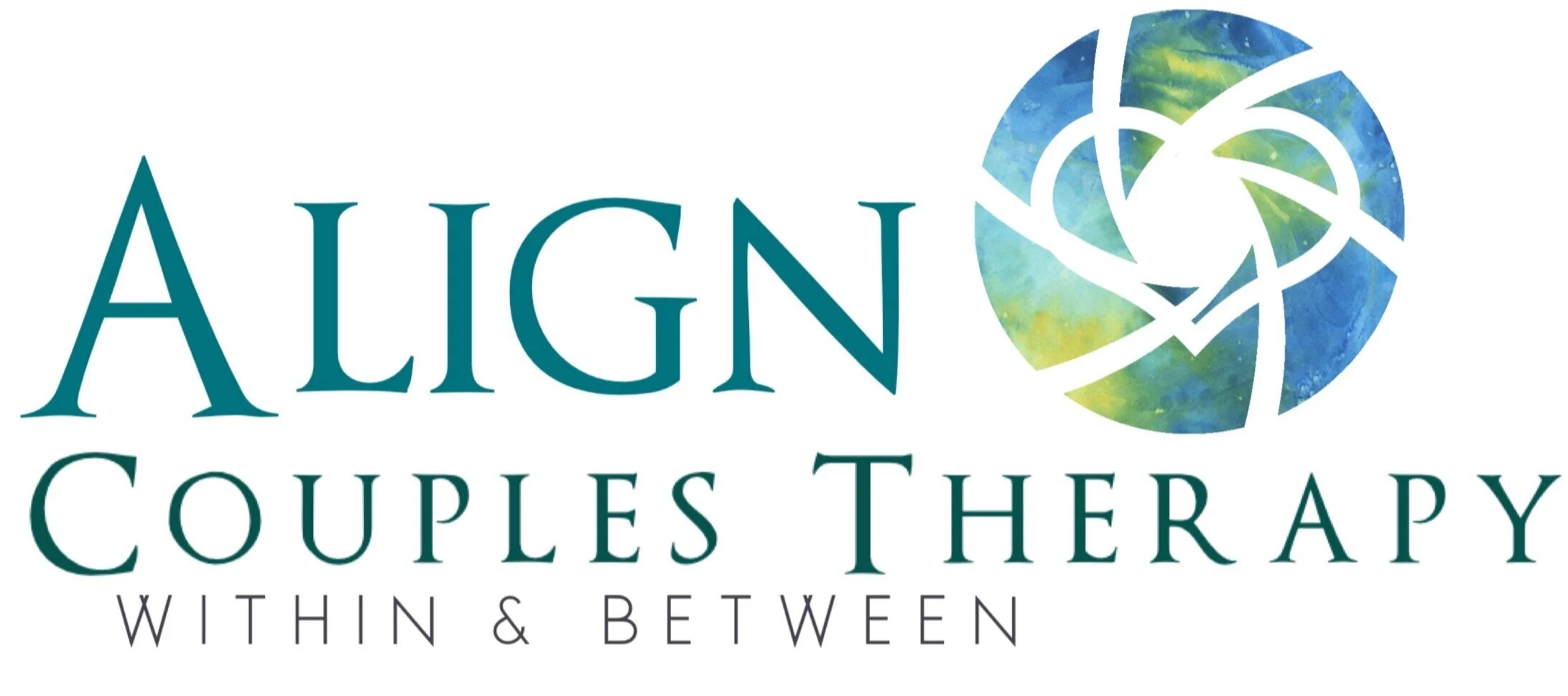Top 5 ways to find a great marriage counselor
/It can be so hard to find a good couples therapist. The confidential nature of the work and social stigma means that most consumers don’t spread the word. Marriage counselors are also ethically bound to not ask for online reviews to protect our client’s confidentiality, and therapists in general tend not to be business oriented. This often leaves the consumer in the dark.
I’d like to offer some suggestions. Here are a list of the 5 top ways to find a great marriage counselor:
1. License
Marriage counselors must be licensed by the state in which they are providing services. This license could be an LMFT(Licensed Marriage and Family Therapist), LPC(Licensed Professional Counselor), LCSW(Licensed Clinical Social Worker) or Licensed Psychologist. There are lots of well meaning folks that like to help couples and have good intentions, but if there is no license, there is questionable training and no oversight. To obtain a license, one must have at least a Masters degree in a related field and then complete 3000 hours of an internship and hundreds of hours of supervision, as well as completing continuing education each year. This is imperative to properly train a therapist. I once heard a friend compare a therapist with no license to her unlicensed hairdresser. The problem with providing couples counseling unlicensed is that the stakes are so much higher than a bad haircut. Families and marriages are on the line, mental health needs are being addressed, and an untrained therapist can do so much damage. Look for a relevant license.
2. Education and training
The beauty of a licensed therapist is that the licensing board has covered this step for you, vetting the therapists training and credentials. Additionally, a marriage/relationship counselor should have training to work specifically with couples. A therapist trained only to see individuals will not be competent to work with couples; they need additional supervision and relationship specific courses and experience. I also prefer to refer couples to counselors that primarily see couples. Most often when a client is relaying why couples therapy didn’t work well in the past, it was provided by a therapist who wasn’t trained to work with couples and was doing the same type of therapy they provide to individuals.
3. Couples specific certifications
In addition to an appropriate counseling degree, a marriage counselor may also have specialized certifications. I am a Certified Gottman Therapist, for example. This required completing 3 levels of intensive training(that took a few years) as well as working with a consultant who reviewed video recordings of my therapy sessions to determine that I was meeting the standards and technique required to be a CGT. There is also advanced training in Emotionally Focused Couples Therapy (of which I have completed an externship), as well as through a few other models. A counselor who has completed these trainings is deemed a specialist.
4. Niche specific
It is also helpful to look for a marriage counselor that may have a specific niche regarding your identified area of need. Infidelity, substance abuse, porn addiction, ADHD, or religion may be examples of specific niche areas. It is not possible for a therapist to be well informed and great at everything.
If you are looking for a faith based counselor, make sure you still cover items 1-3. Just because the counselor is of the same faith, doesn’t necessarily mean they are trained to work well with couples. And another important point is that a great counselor will respect, honor and integrate your faith, even if they do not share the same religion.
5. Rapport
Research consistently reports that the effectiveness of any given therapy is mainly due to the rapport with the counselor. That means you want to find someone with whom you have a good rapport and with whom you feel comfortable. This may take a few counselors to find, but when you make a good connection, the time investment is worth it!
Bonus tip: look for therapists that are grounded in a local practice. Online big box platforms often offer couples counseling, but their roster of therapists are often under trained for this specialty and the therapist turnover is very high. This means you will not get high quality or consistent care, even though it may seem cheaper at the beginning. Many of these platforms have also been fined for confidentiality violations and are generally tech based and not healthcare based. A local practice will also provide online care, but from consistent, high quality clinicians. Your relationship deserves the best!










